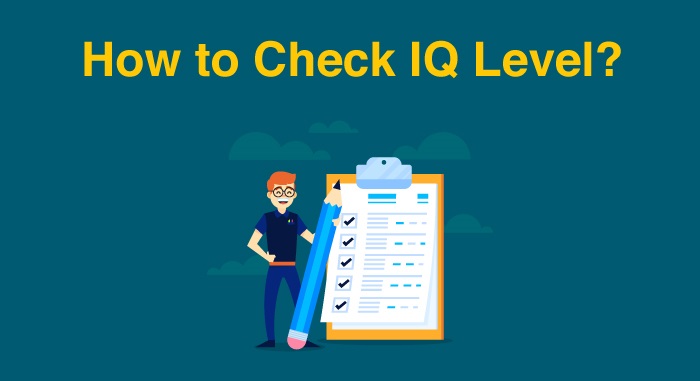
The terms intelligent quotient and intelligence quotient are frequently used interchangeably. They aren’t equivalent. The Intelligent Quotient, or IQ for short, measures an individual’s intellect based on a test that usually assesses reasoning and logic skills. A free IQ test with instant results typically ranges from 70 to 140 points. While this evaluation does not measure originality and wisdom, it provides insight into a person’s potential for success in the classroom or the industry.
Even while success in life is frequently linked to high IQs, having a low score does not guarantee you will fall behind. A person’s lower IQ, or intelligence quotient, might be made up for by other qualities like conscientiousness. When pursuing an evaluation, like an IQ test, keep in mind that it could not consistently offer a precise depiction of your own identity. Ultimately, intelligence encompasses more than simply mental aptitude.
How The IQ is Determined
One metric is the IQ score, which is determined by multiplying the quotient by 100 after dividing the Mental Age score by the Chronological Age score. The intelligence quotient, or IQ, was created in 1904 to standardize test results for intelligence assessments and is another widely used metric. When a person reaches the age at which intellectual development finishes and has an average level of intellectual capacity, their IQ is fixed at 100. People scoring over 130 on the IQ scale are often regarded as brilliant.
Challenges In Determining Intelligence
Numerous psychologists contest the reliability of IQ testing, arguing that the results are imprecise. The most accurate estimates indicate that between 100 and 200 distinct factors contribute to intelligence. A test covering only five of these hundred questions will give a very limited picture of a person’s IQ. Furthermore, these tests are unable to take into consideration a child’s family history or other factors like malnutrition that may have an impact on their IQ. Some have questioned whether IQ tests gauge intellect because of these issues. However, the purpose of IQ testing is more to compare people on a uniform scale than to measure intellect. On free IQ test exams, most people perform better than others, while on others, they might perform worse.
IQ Test Applications In Real Life
The ranking or placement of pupils in a school system is one use for an IQ tester. In other words, IQ tests are frequently used to determine which programs or grades a student belongs in at a certain level. For instance, kids who perform exceptionally well on the Iowa Tests of Basic Skills are frequently placed in remedial classes like science, math, reading, etc.
Some students who score highly on IQ tests may avoid advanced coursework. In other instances, pupils who perform poorly on IQ tests are enrolled in remedial math or other programs designed to help them develop the skills they need to raise their scores.
Employers use an applicant’s free IQ test with instant results to assess whether or not they would be a suitable match for a certain role when making hiring choices. It has been demonstrated that intelligence tests are valid for predicting work performance. However, there are no guidelines for how businesses evaluate intelligence to make recruiting decisions.
Final Thought
Lows include having someone else take the exam and not telling you the findings or giving misleading information. Some of its strengths include measuring intellect by many aspects to determine which is superior. Educational assessments for youngsters and people who learn differently are another plus.
Many factors determine IQ; thus, there’s no definite definition. IQ tests are beneficial because they evaluate intellect like other exams cannot, yet cheating can lead to better scores. If you want a free IQ test with instant results, please visit our website, www. iqtester.org/test, for further information.